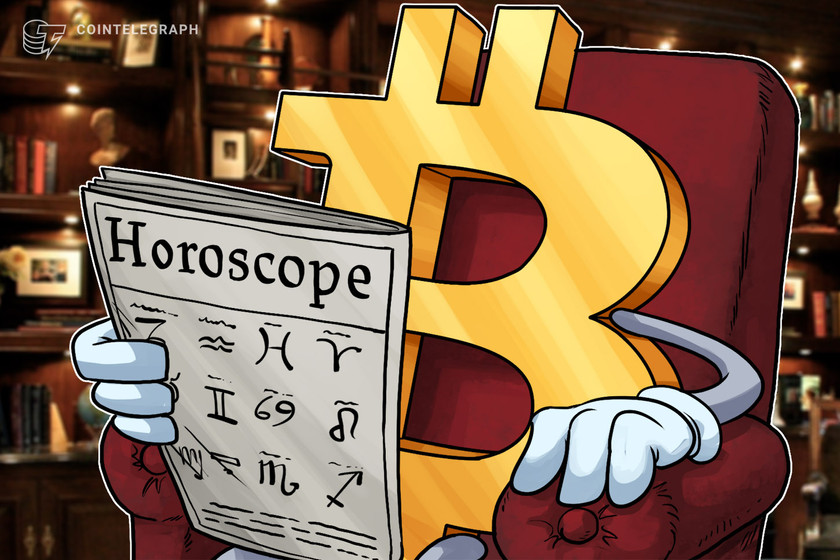Cryptocurrency had its Lehman moment with FTX — or, perhaps, another Lehman moment. The macroeconomic downturn has not spared crypto, and as November rolled around, nobody knew that we were in for the collapse of an empire worth billions of dollars.
As the rumors of bankruptcy began to take hold, a bank run was inevitable. Sam “SBF” Bankman-Fried, the once effective altruist now under house arrest, continued to claim that assets were “fine.” Of course, they were not. From Genesis to Gemini, most major crypto organizations have been affected by the contagion effect in the aftermath.
The problem with exchanges like Binance, Coinbase and FTX
Time and time again, the feeble layer of stability has been broken down by the hammer of macroeconomic stress in an atmosphere of centralization. It can be argued that centralized systems grow quickly for the same reason: They value efficiency over stress tolerance. While traditional finance realizes economic cycles in a span of decades, the fast-paced nature of Web3 has helped us appreciate — or rather scorn — the dangers posed by centralized exchanges.
The problems they pose are simple yet far-reaching: They trap skeptical and intelligent investors in a false sense of security. As long as we’re in a “bull” market, be it organic or manipulated, there are far fewer reports to be published about failing balance sheets and shady backgrounds. The drawback of complacency resides in precisely the moment where this fails to be the case.
Related: Economic frailty could soon give Bitcoin a new role in global trade
The way forward, for most people who got hurt by the FTX collapse, would be to start using self-custody wallets. As retail investors scramble to get their crypto off centralized exchanges, most of them need to understand the scope of the centralization problem. It doesn’t stop with retail investors parking their assets in hot or cold wallets; rather, it simply transforms into another question: Which asset are you parking your wealth under?
Often hailed as the backbone of the crypto ecosystem, Tether (USDT) has come under fire numerous times for allegedly not having the assets to back its users’ deposits. That means that in the case of a bank run, Tether wouldn’t be able to pay back these deposits and the system would collapse. Though it has stood the test of time — and bear markets — some risk-averse people might not push their luck against a potential depeg event. Your next option is, of…
Click Here to Read the Full Original Article at Cointelegraph.com News…
